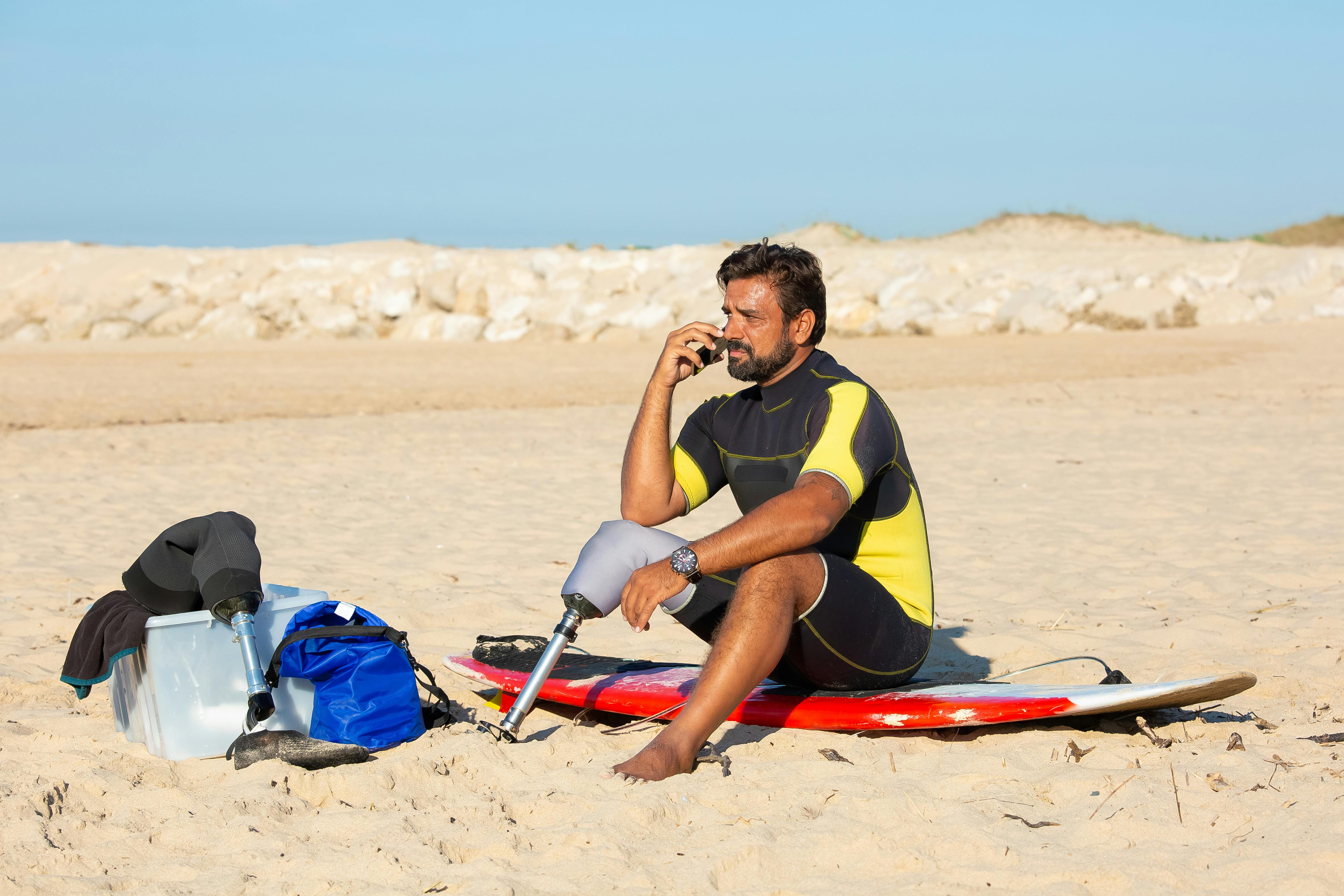Manufacturers claim that sports drinks effectively replace lost sweat. Perspiration, as you know, is the body’s way of cooling itself. When it’s hot, you could lose up to a quart or two of water in an hour.
As you sweat, your heart works harder, your body temperature drops, and your performance decreases. Unless this fluid is replaced, you could end up dehydrated even before you are thirsty and suffer from headaches and dizziness, go into a coma and die.
Since sports drinks contain sodium and glucose, they are said to replace fluid more effectively than water and are rapidly absorbed from the small intestine into the bloodstream. That claim is proclaimed by Gatorade, which is supposed to “work 30 percent faster than water.” The basis for this catchy phrase is a study published in the American Journal of Physiology.
In that study, exercise physiologist Carl V. Gisolfi and colleagues at the University of Iowa tested how well seven volunteers absorbed a six percent carbohydrate solution with electrolytes and distilled water. They found that the carbohydrate solution (which was similar to Gatorade) was absorbed 30 percent faster.
That should have put everything in place except for one thing: The solution was infused directly into the small intestines of the volunteers. It never went through the stomach. Unless you’re a Martian, everything you drink passes through your stomach first before going to your small intestine.
The stomach can greatly influence how quickly a liquid is absorbed and reaches the bloodstream. Unfortunately, none of the various sports drink manufacturers seem to be interested in how well their products are absorbed in the stomach. And even if their products are quickly absorbed, there is no evidence that fluid absorption rate affects athletic performance.
What does this teach us? Simply that “the best way to avoid dehydration is to drink enough fluids to make up for sweat loss: one pint for every pound lost during a workout. You should drink before, during, and after a workout. Various types of fluids will do the job. Plain water, which is easily absorbed by the body, is perfectly adequate and, in fact, the best beverage to drink before exercising,” Consumer Reports editors said.
The sodium in sports drinks supposedly helps the body retain fluid after prolonged, intense exercise better than water. Sports drink promoters say this was proven in a study published in the International Journal of Sports Medicine.
However, Edward F. Coyle, director of the University of Texas Human Performance Laboratory and co-author of the study, said the differences between the two fluids were minimal. And if you eat a meal within three hours, you can get enough sodium without spending money on any sports drinks.
Another selling point of sports drinks is that they effectively replace electrolytes that are lost when you sweat. Again, this is a triumph of hope over reason. While sports drinks contain sodium and potassium that are lost when you sweat, you don’t need to consume them, as experts say you can easily get these minerals from a good meal.
“The electrolytes in sports drinks do have a benefit: Manufacturers claim electrolytes help maintain thirst and encourage you to keep drinking until you get enough fluids. But if you follow expert advice, that potential benefit is irrelevant. Sports physiologists recommend that you start drinking before you feel thirsty and continue drinking even after thirst is quenched,” the Consumers Reports editors said. (Next: How sports drinks contribute to tooth decay.)
To strengthen your body, take Immunitril, your first line of defense in maintaining a healthy immune system. For more information, visit http://www.bodestore.com/immunitril.html.
